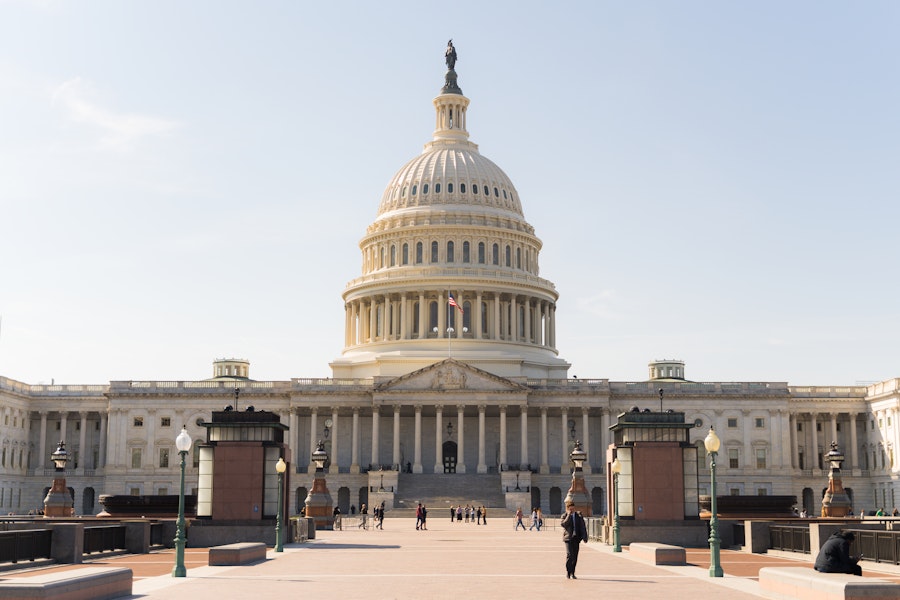On Thursday, Jan 16, the ceasefire between Israel and Hamas was solidified. The three-staged agreement, which also includes autonomous Palestinian governing bodies, calls for a total withdrawal from Gaza. Additionally, hostages and prisoners are to be exchanged in preliminary stages with the caveat that more aid will be allowed to reach Gaza.
To effectively predict the likelihood of Israel abiding by this agreement, it is imperative to understand the context that brought us to this point.
Defying former President Biden’s claim last June that “Hamas is now the only obstacle to a complete ceasefire,” Israeli officials credit President Trump’s Middle East envoy Steve Witkoff with bringing Netanyahu to the table. Negotiations were mediated through Qatari royals in Doha, with Trump declaring that “all hell will break out” in the Middle East if a ceasefire was not achieved by January 20th.
Far more than any pushy rhetoric from Trump, I would put the rationale for the ceasefire agreement as appeasing domestic unrest in Israel around the hostages.
“A [ceasefire and hostage release] deal is more important than anything else… We are getting body bags instead of a deal.” said Arnon Bar-David, the leader of the Israeli Histadrut union that led a general strike on September 2, 2024 to protest the continuation of the war.
Netanyahu has faced increasing pressure at home and within his own coalition to make good on his promise of staying committed to the Israeli populace, and his swap of 33 hostages to Israel in exchange for hundreds of Palestinian prisoners (only a small portion of the 10,000 Palestinian prisoners held in Israeli jails) was a small price for him to pay in order to maintain domestic power.
The United Nation’s relative weakness
Netanyahu and his coalition have faced widespread international condemnation, as reflected by numerous UN decrees. Biden, however, clearly revealed his lack of intent to uphold international law and prosecute Israel for their continued escalation of conflict and suffering within Gaza and the West Bank.
While US officials remain inactive in policing Israel, the International Criminal Court has already started investigations into Netanyahu under war crime charges. But if the United States were to truly commit to this, it would give legitimate grounds for an investigation into the U.S.’s own misdeeds under international law. However, with unchecked US support, Israel, as the predominant military force in the Middle East, has no real incentive to play by the UN’s rules.
Israel has the backing of the world’s foremost superpower
With all the assistance provided to them by the US, Israel has effectively become the 51st state; the economic and security concerns of this foreign nation have become roughly equivalent to the concerns of a state. In 2024, the federal government granted Nebraska 23.2 billion dollars in various grants and awards, compared to the allotment of 17.9 billion Israel received in military aid in the year following October 7th, 2023.
If Netanyahu remains able to continue his condemned military excursions with no consequences—and even benefits from the U.S.—there is no reason he needs to listen to the international community.
Likud’s goal of “complete destruction” of Hamas
Finally, I do not believe Netanyahu will ever relent in his pursuit of a “Greater Israel,” the penultimate form of revisionist Zionism. This is not a defensive war, as proven by Israel’s occupation of Golan Heights in the wake of the fall of the Assad regime, and strikes in Beirut; this is, rather, a tactical bid for territorial expansion and regional power.
The UAOA (a British NGO) released findings that the Israeli government was responsible for 39% of civilian casualties in 2024. I would argue that a war with 47,410 casualties on one side and 1,139 on the other is simply hard to classify as anything other than pure Israeli aggression. Israeli technology and anti-missile capabilities far outmatch any possible Hamas firepower. Even with Hezbollah arms smuggling, the gaps in technology remain decisive.
Where do we go from here?
Two days after the ceasefire, the IDF launched “Operation Iron Wall,” a new assault drawing away from Gaza, and into the West Bank. 120 residential buildings in Jenin have been destroyed in a renewed air strike as of February 3rd. This proves that the ceasefire in Gaza was not a stop to ongoing Israeli assault upon the Palestinian people; rather, just a reallocation of their resources.
Even if Biden has proved to be completely incompetent in securing a ceasefire, there is no reason to expect that Trump will be better. Anyone hoping for a truly “America First” and isolationist party may be satisfied with the pause on funds for foreign nations (such as Ukraine)—but the swift resumption of funds to Israel further proves our complicity in this continuing crisis.
Moreover, the dissolution of USAID has massive repercussions on aid to Gaza. The organization played a part in combating polio outbreaks and was involved in overseeing humanitarian aid and access to Gaza. They could have made a real impact on the second phase of the ceasefire.
I will leave you with a quote from Israeli Finance Minister Bezalel Smotrich on the celebrations in Gaza as a result of the ceasefire that highlights true future ceasefire outcomes.
“Don’t be impressed by the forced joy of our enemy. This is an animalistic society that sanctifies death. Very soon, we will erase their smile again and replace it with cries of grief and the wails of those who were left with nothing.”










